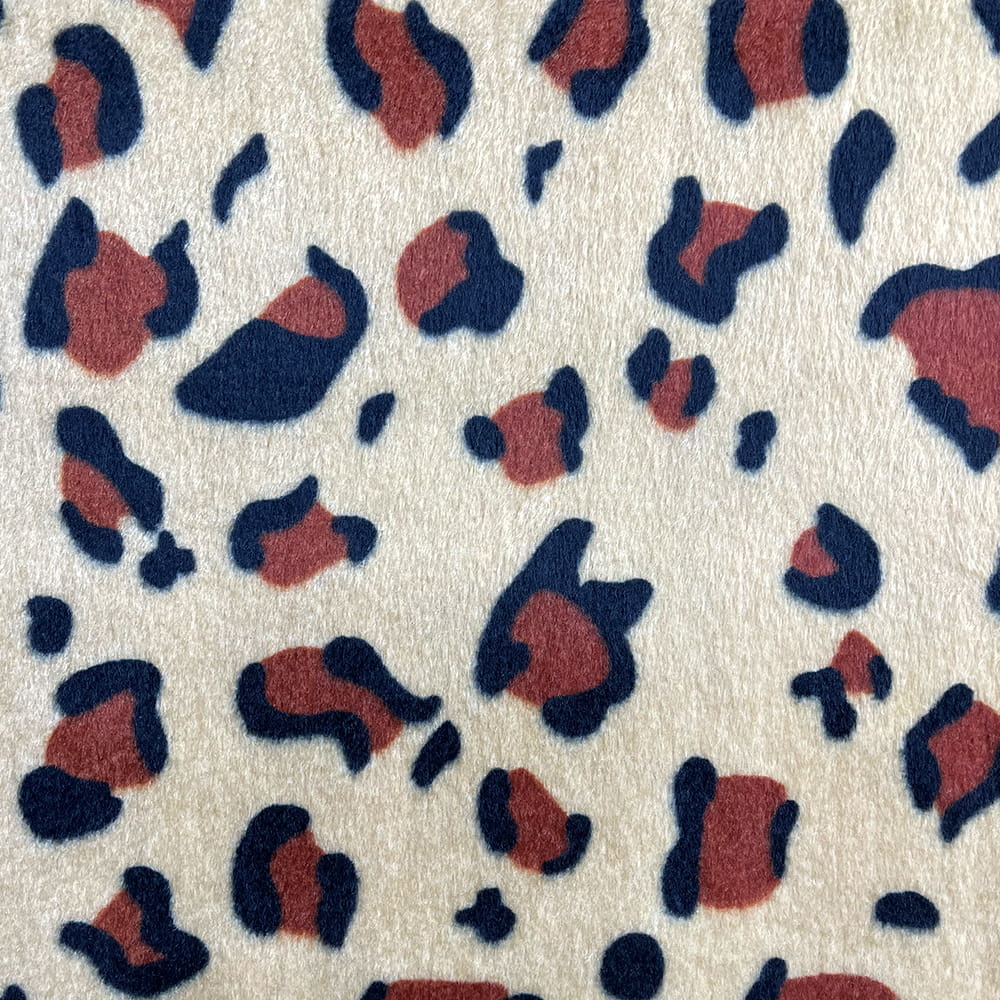Textile fabrics play a crucial role in our everyday lives, extending far beyond the fashion industry. These textile materials are essential not only in clothing but also in home furnishings, industrial applications, and even in medical and automotive sectors. As the textile industry continues to evolve, the variety of fabric types and their functionalities have expanded significantly.
One of the most important aspects of textile fabrics is their versatility. Woven fabrics, made by interlacing threads at right angles, are known for their strength and durability. They are commonly used in upholstery, formal wear, and heavy-duty work clothing. On the other hand, knit fabrics, which are made by looping yarns together, offer flexibility and comfort, making them ideal for casual clothing, sportswear, and undergarments.
Textile fabrics can be made from natural fibers like cotton, wool, and silk, or from synthetic materials such as polyester, nylon, and acrylic. Each type of fabric material has distinct properties that cater to specific needs. For instance, cotton fabrics are breathable and soft, making them perfect for summer wear. Meanwhile, polyester fabrics are wrinkle-resistant and durable, suitable for travel and activewear.
The production of textile fabrics involves a combination of science and craftsmanship. From fiber selection to weaving or knitting, dyeing, and finishing, each stage requires precision to ensure quality and performance. Innovations in textile technology have also led to the development of smart fabrics—materials that can regulate temperature, resist moisture, or even monitor health indicators.

In the global marketplace, textile fabrics also have significant economic value. The textile and apparel industry is one of the largest sectors worldwide, employing millions of people and driving international trade. As sustainability becomes a central concern, many fabric manufacturers are turning toward eco-friendly textiles made from organic fibers, recycled materials, and low-impact dyes.
In conclusion, textile fabrics are more than just materials—they are the foundation of countless industries and applications. Whether it's a luxurious silk gown, a breathable linen shirt, or a technical composite fabric used in construction, textile fabrics are integral to modern living. As innovation continues to shape the textile world, the range and potential of these fabrics will only continue to grow.
 English
English
 Español
Español







